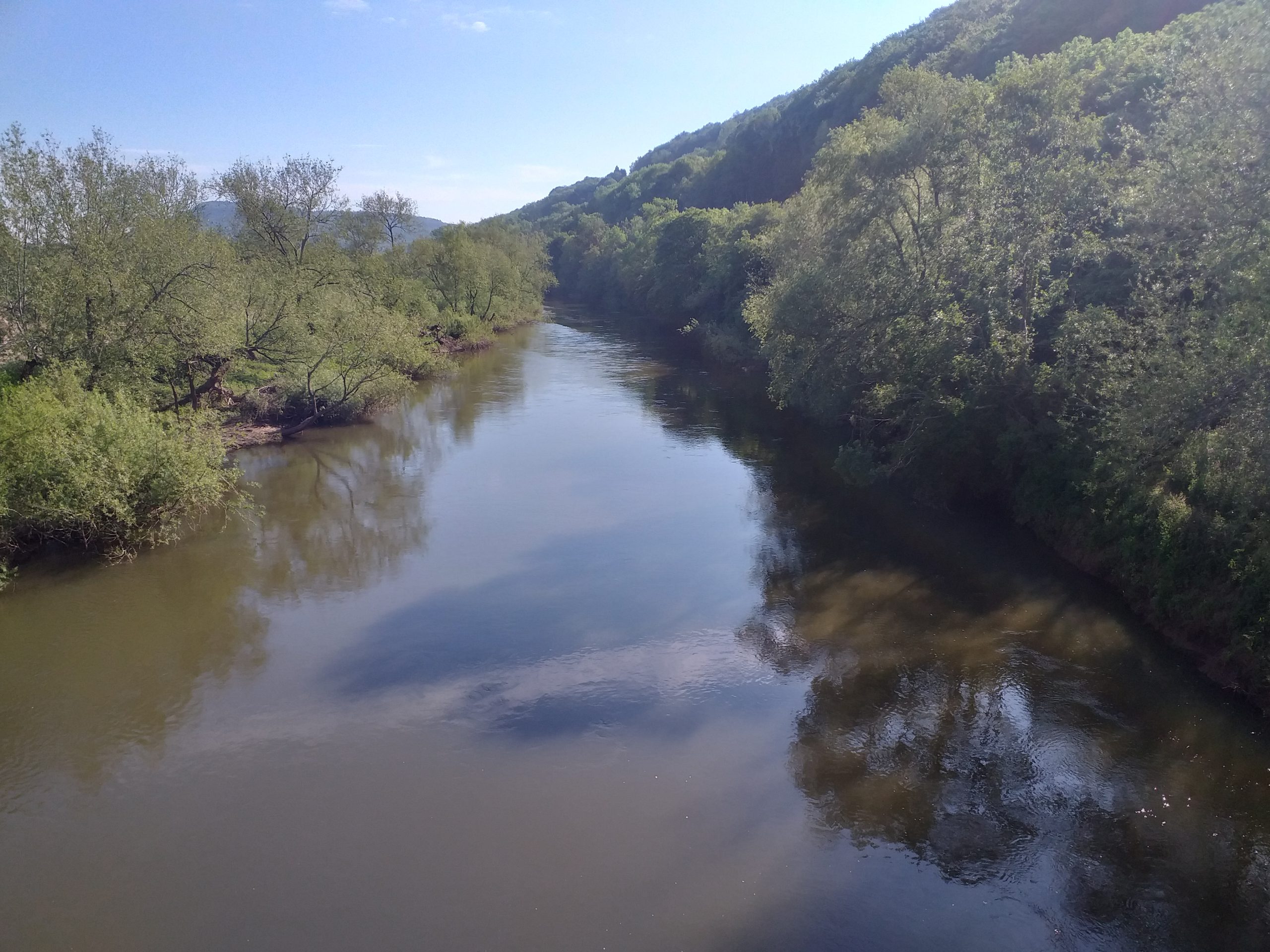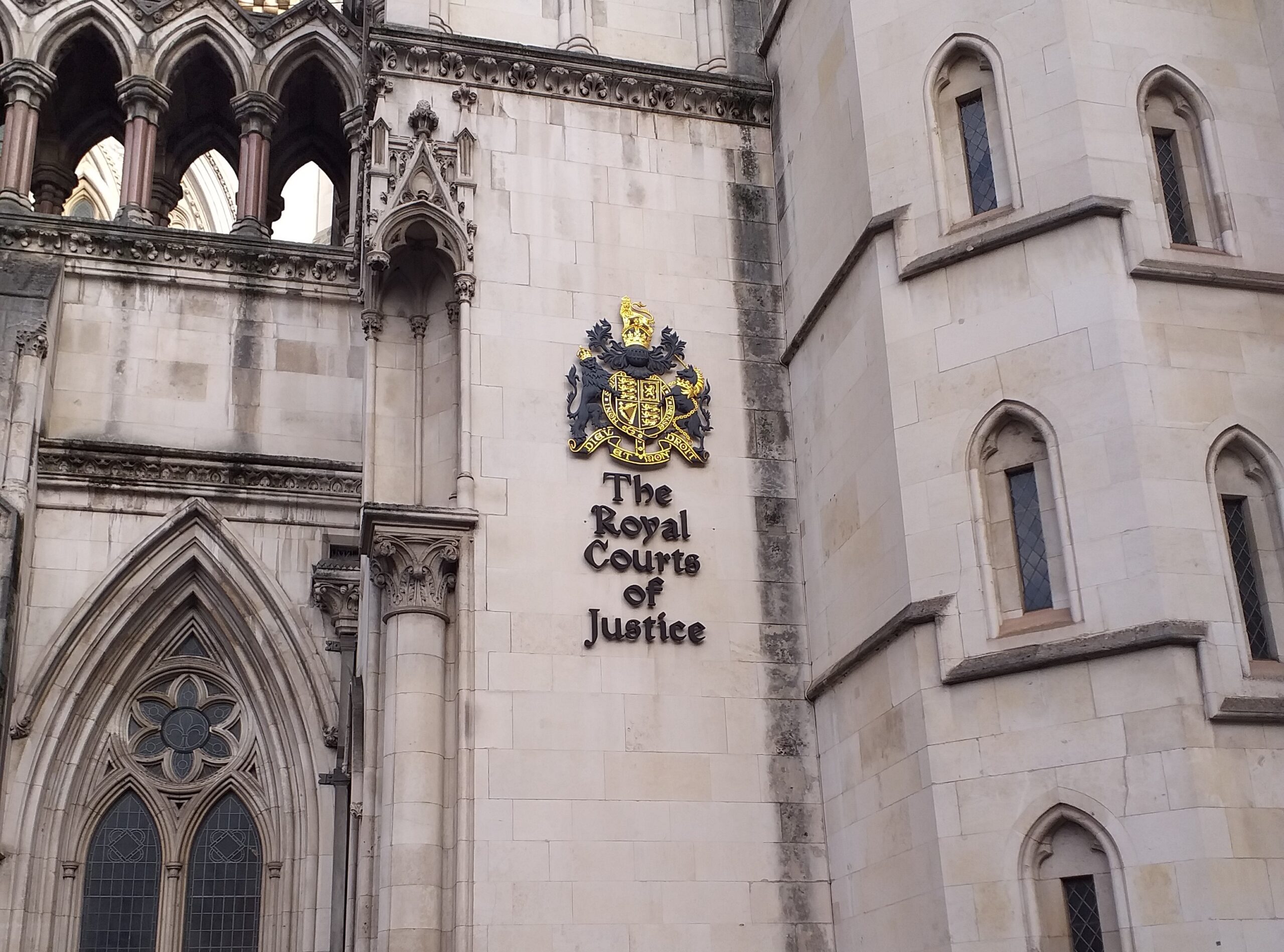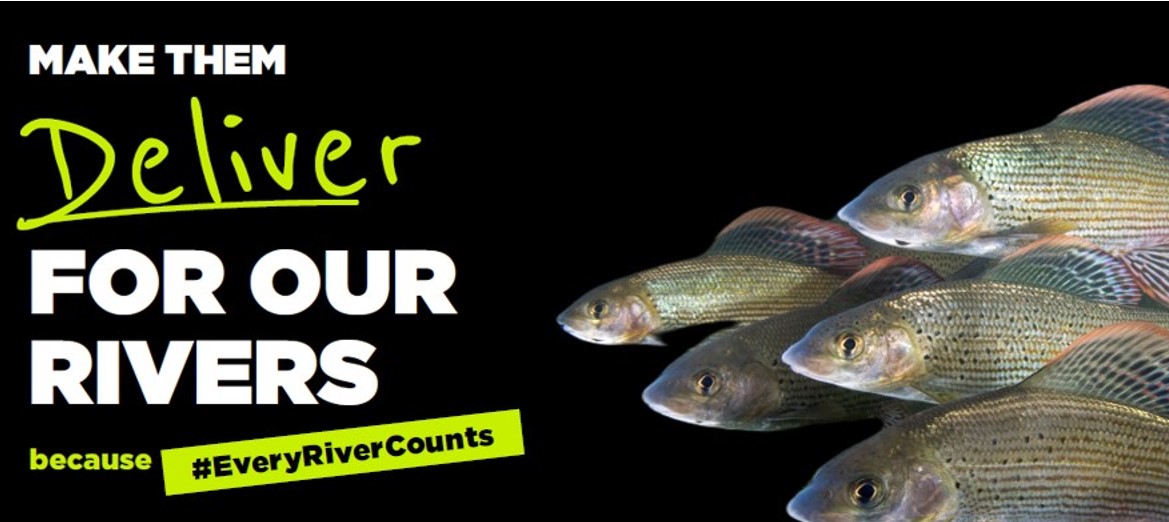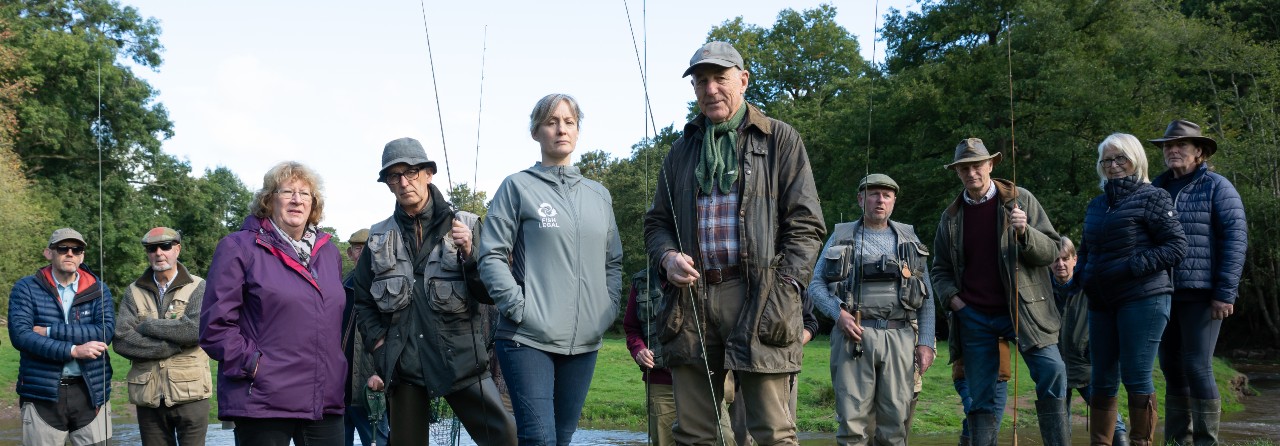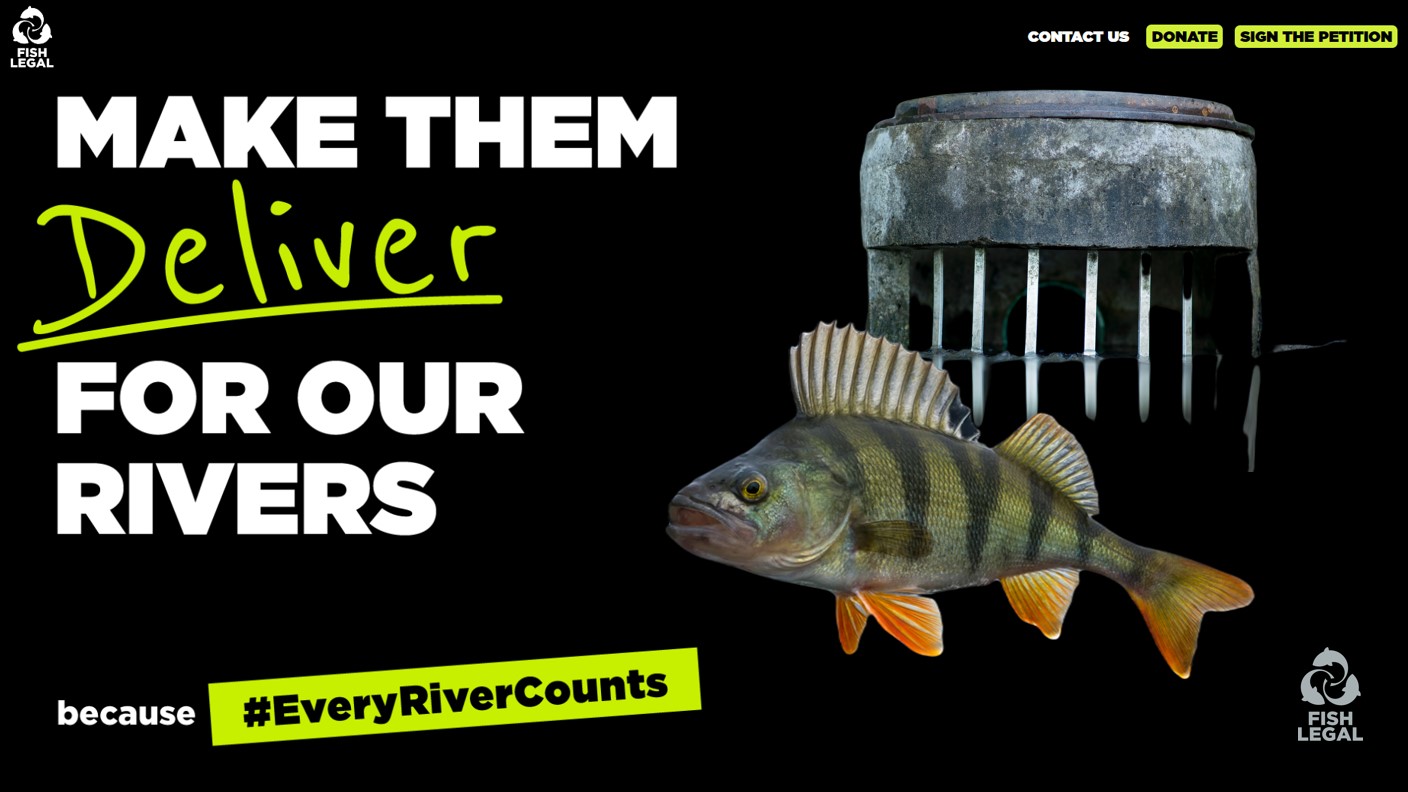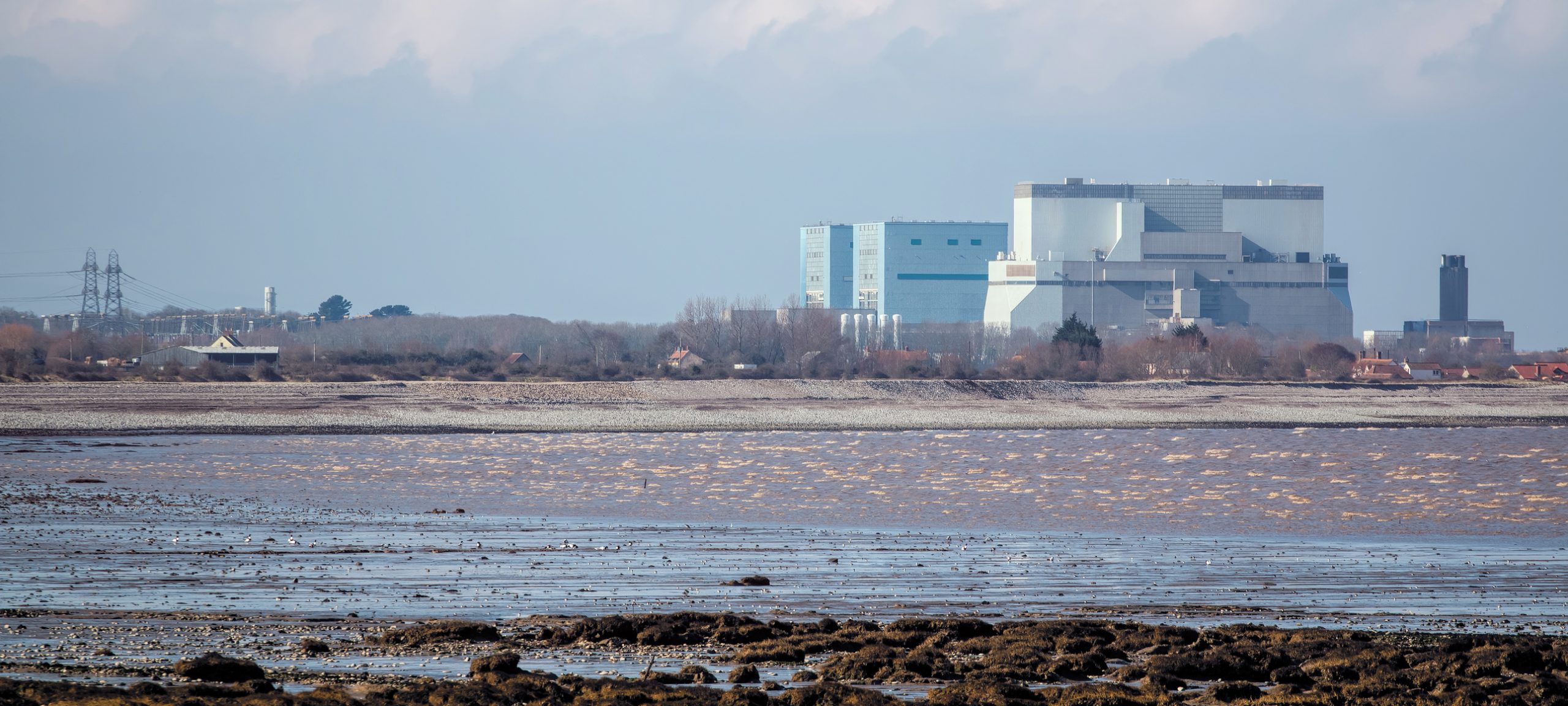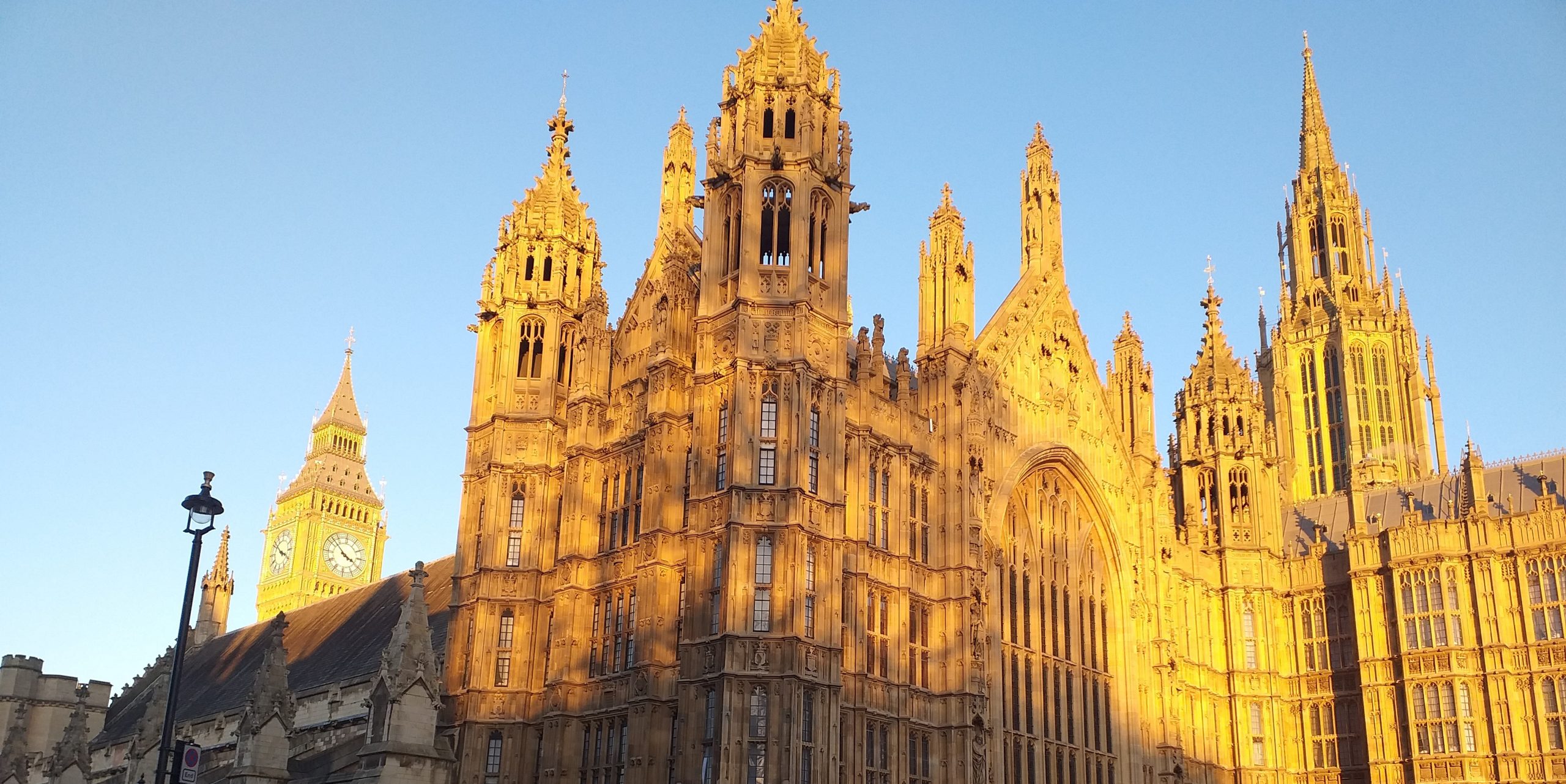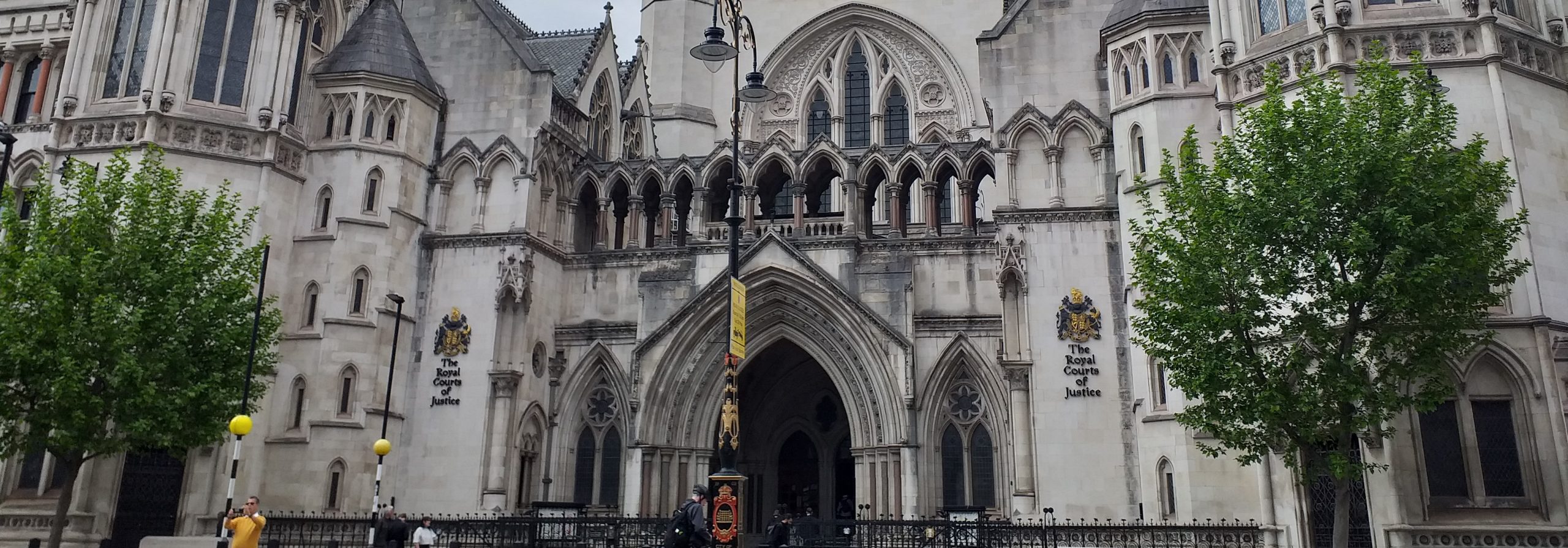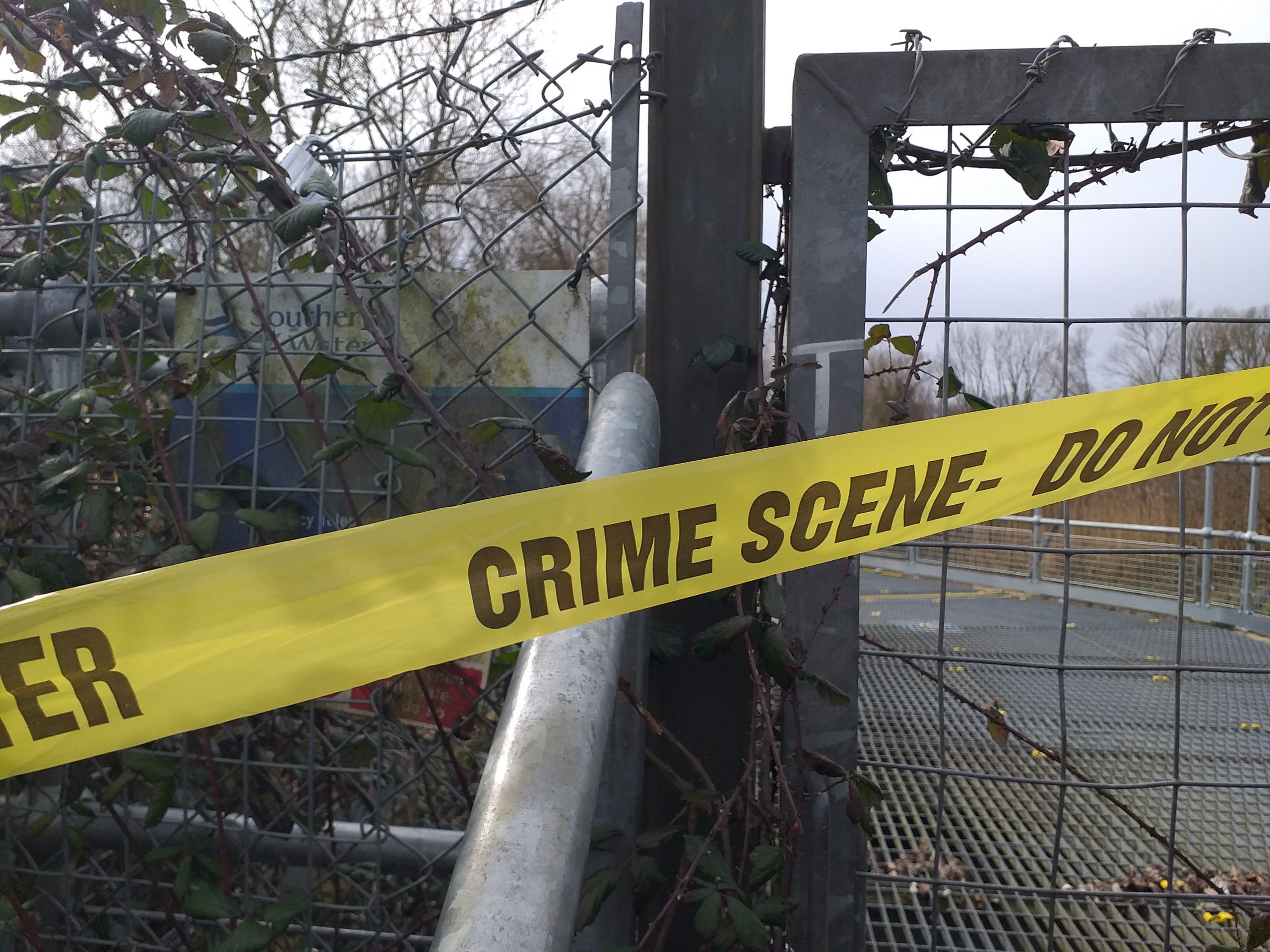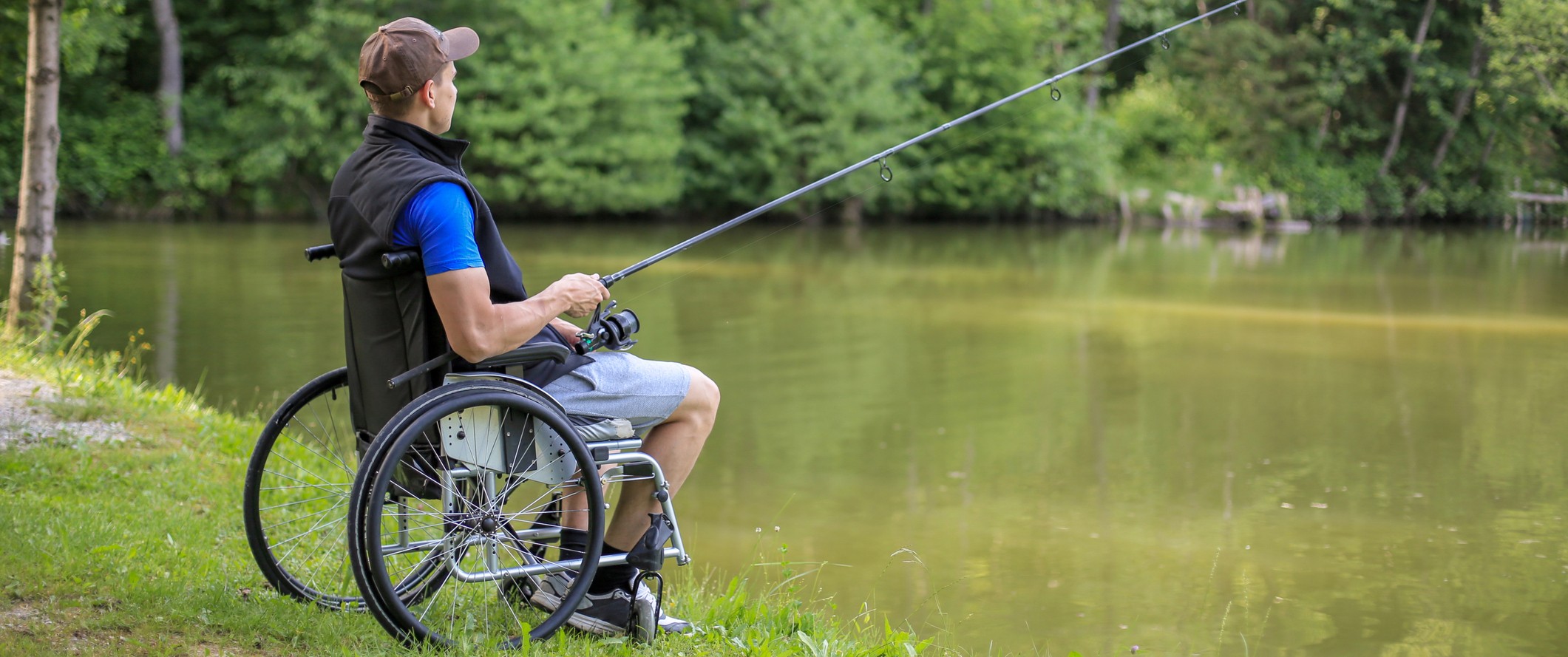News
WWF, Angling Trust and Fish Legal back in Court this month over agricultural pollution of rivers
WWF, the Angling Trust and Fish Legal are back in Court on 16th June after almost six years of pressing the government to publish reports on how they are going to stop agricultural pollution.
The government say they have “no legal obligation” to prepare the reports – even though the agreement was approved by the Court.
Legal action
In 2015, WWF, the Angling Trust and Fish Legal launched a judicial review against Defra and the Environment Agency because of their failure to stop the damage caused to some of the most precious rivers and wetlands in England by agricultural pollution. They argued that the government was deliberately avoiding the use of a key “measure” – Water Protection Zones (WPZs) – to protect them. These sites need to meet stringent legal standards because of their unique characteristics and species. But despite this, they suffer from continued pollution from agriculture, including slurry and pesticides.
Agreement
However, at the High Court in November 2015, WWF, the Angling Trust and Fish Legal agreed to drop the legal action in return for promises that the Environment Agency and Defra would publish reports on the sites – called Diffuse Water Pollution Plans (DWPPs) – “as soon as reasonably practicable”. These reports were meant to include details of investigations and actions to bring the sites back to “favourable status”, which could include WPZs.
Delay
But nearly six years on, out of a list of 37 sites only four reports have been produced. The handful of published DWPPs, including for Wensum, Lambourn, Minsmere & Walberswick and Wybunbury, show little progress and some evidence of deterioration. Meanwhile, from what little is known about the other 33 sites, there are fears of irreversible decline.
Back in court
Because the government is not complying with the consent order, WWF, the Angling Trust and Fish Legal have applied to the Court to enforce it. But the Government, after admitting in a letter to WWF, the Angling Trust and Fish Legal that it is operating a “stop and slow” policy, is now arguing that they have “no legal obligation” to prepare the reports – even though the agreement was approved by the court. They also argue that even if the consent order is binding on them, they were acting reasonably in times of reduced funding.
Failing Rivers
Of the waters which haven’t yet had full reports done on them there are a number of serious concern to anglers due to their failing state. These include the Wye as well as the Yorkshire Derwent, the Derwent in Cumbria, the Eden, the Ehen, the Dee, the Camel, and the Tweed & Till. The Wye and its tributaries are under pressure from agricultural pollution which has caused algal blooms and damage to water quality, weed growth and salmon, including spawning gravels. Salmon are a flagship species for our rivers, a quintessential fish, deeply rooted in our heritage and culture. Large salmon have declined by 54-88% since the 1970s. The Rivers Test and Itchen, two of the most famous chalkstream trout rivers in England, are hugely susceptible to pollution from agriculture including fish farms and cress beds as well as excessive abstraction, exacerbating the effects of pollution.
